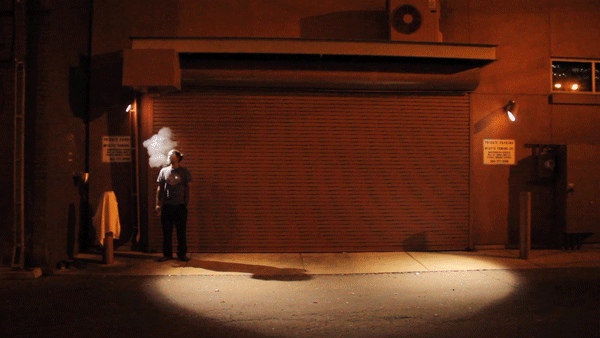
Colorado currently has some of the lowest cigarette taxes in the country. Amendment 72 would move us to the upper tier of states and potentially raise a lot a money not just for smoking prevention but for a wide range of other public health programs.
Here's the language you'll see on your ballot:
Shall state taxes be increased $315.7 million annually by an amendment to the Colorado Constitution increasing tobacco taxes, and, in connection therewith, beginning January 1, 2017, increasing taxes on cigarettes by 8.75 cents per cigarette ($1.75 per pack of 20 cigarettes) and on other tobacco products by 22 percent of the manufacturer’s list price; and allocating specified percentages of the new tobacco tax revenue to health-related programs and tobacco education, prevention, and cessation programs currently funded by existing constitutional tobacco taxes; and also allocating new revenue for tobacco-related health research, veterans' programs, child and adolescent behavioral health, construction and technology improvements for qualified health providers, educational loan repayment for health professionals in rural and underserved areas, and health professional training tracks?
What does that mean?
The tax part is pretty straight-forward. A pack of cigarettes costs an average of $5.26 in Colorado. Amendment 72 would bring that cost up to $7.01 with the new tax and would bring us from No. 39 for cigarette taxes to No. 11 nationally, according to the Campaign for Tobacco-Free Kids, which tracks cigarette taxes.
The amendment divides up the revenue from this tax into broad areas that would be distributed by various state departments. Research on cancer, heart and lung disease and Alzheimer's would get $92 million, prevention and smoking cessation programs would get $54 million, veterans' health needs would get $48 million, rural health programs would get $34 million, training and student debt relief for medical professionals who serve in rural areas would get $17 million and mental health services for young people would get $34 million. That's assuming the tax generates the $315 million anticipated by backers of the amendment.
One hope is that people will smoke less if cigarettes cost more, and the amendment also sets aside $36 million to make up lost revenue to other programs that get money from existing tobacco taxes.
Do higher taxes actually reduce smoking?
The argument against higher taxes on cigarettes is generally that they end up being highly regressive taxes that disproportionately affect lower-income people, who also smoke at higher rates. If people are addicted, this thinking goes, they'll pay whatever it costs to maintain their habit.
The Campaign for Tobacco-Free Kids, however, cites internal documents from tobacco companies that show they're very concerned about higher taxes reducing sales.
The organization also cites studies that show higher taxes reduce adult smoking some and, more significantly, discourage teenagers from starting.
"The general consensus is that every 10 percent increase in the real price of cigarettes reduces overall cigarette consumption by approximately three to five percent, reduces the number of young-adult smokers by 3.5 percent, and reduces the number of kids who smoke by six or seven percent," the campaign says.
Who opposes this tax?
Mostly Big Tobacco. Virginia-based Altria -- owner of Philip Morris -- has put more than $17 million into the fight against Amendment 72. They're pretty much leaving aside any public health arguments and focusing on the money, calling it a "blank check" for government spending and arguing the grant funding envisioned by the amendment doesn't belong in our state constitution.
The main arguments against Amendment 72 are that it's regressive, that only a small portion of the money goes to smoking cessation and that there won't be enough accountability for how the money is spent.
The Colorado Independent reported recently that Amendment 72 is currently in second place for most expensive ballot measure in Colorado history. In 2014, casino interests spent $20 million to defeat Amendment 68, which would have expanded casino-type gambling to horsetracks.
Who supports this tax?
It's been endorsed by Gov. John Hickenlooper, the Campaign for Tobacco-Free Kids, the American Lung Association, the American Heart Association and dozens of other health advocacy groups and hospitals and community clinics. Proponents have raised $2.2 million, with the American Heart Association, University Physicians, University of Colorado Health, Children's Hospital Association and Colorado Community Health Network providing most of the money.













